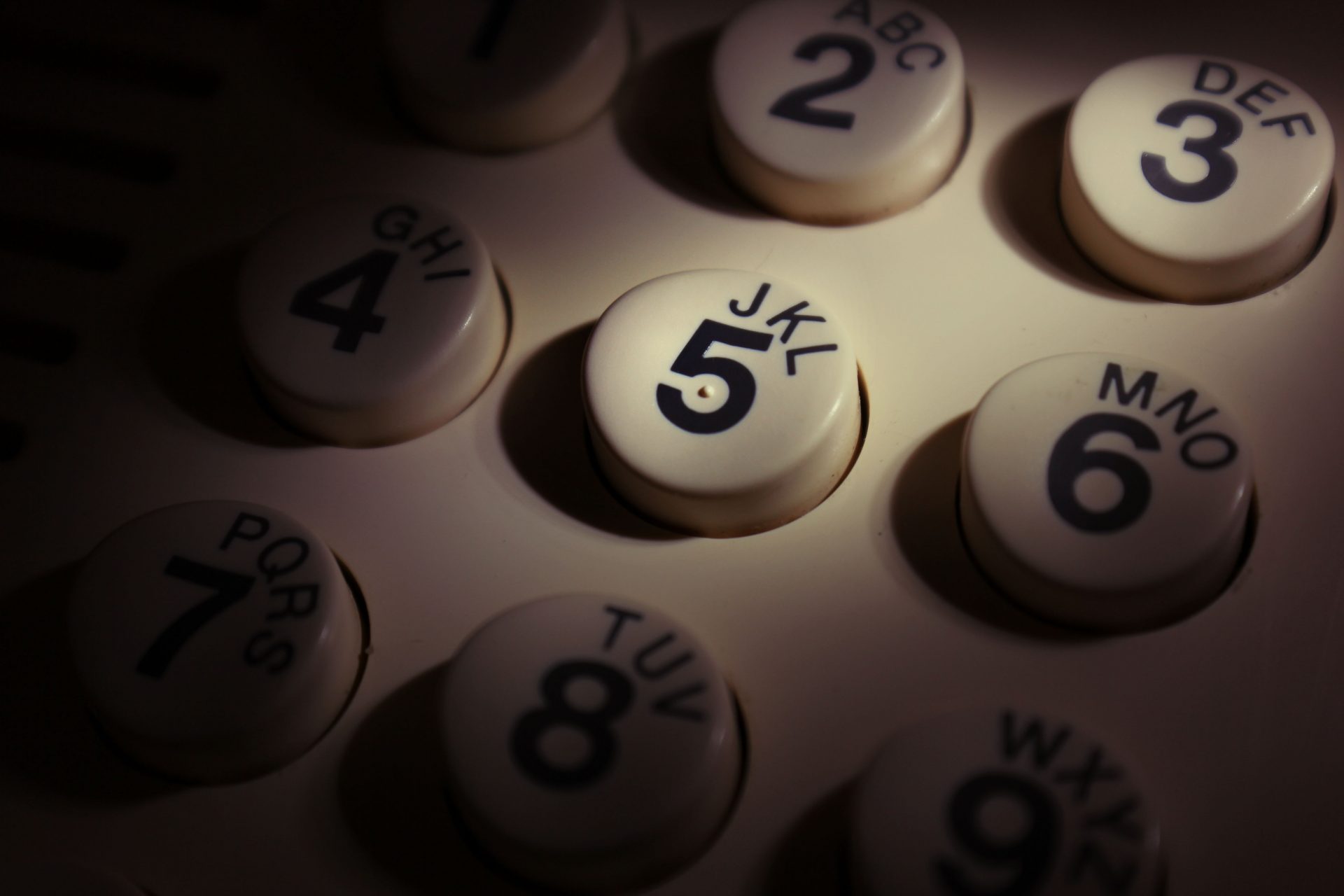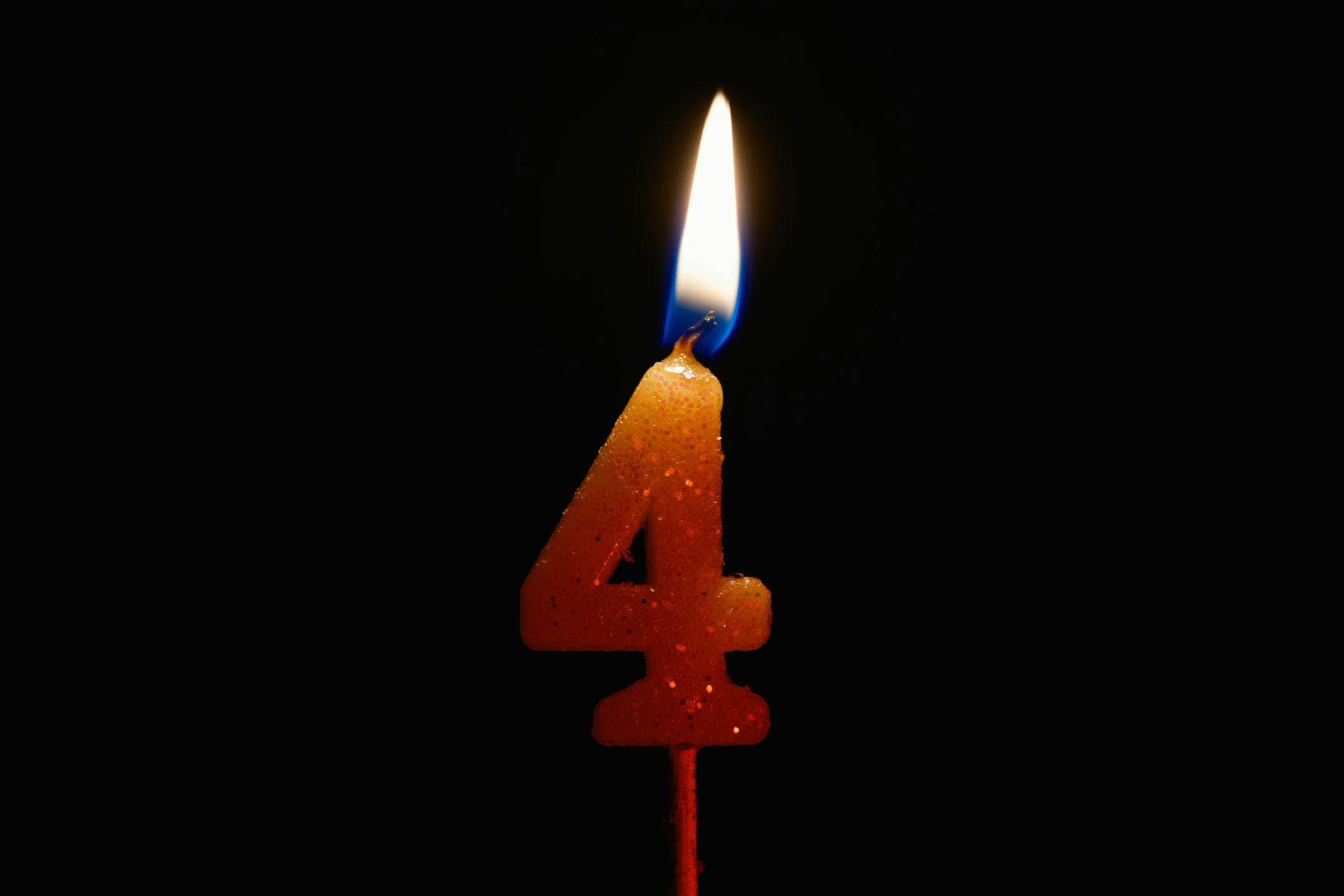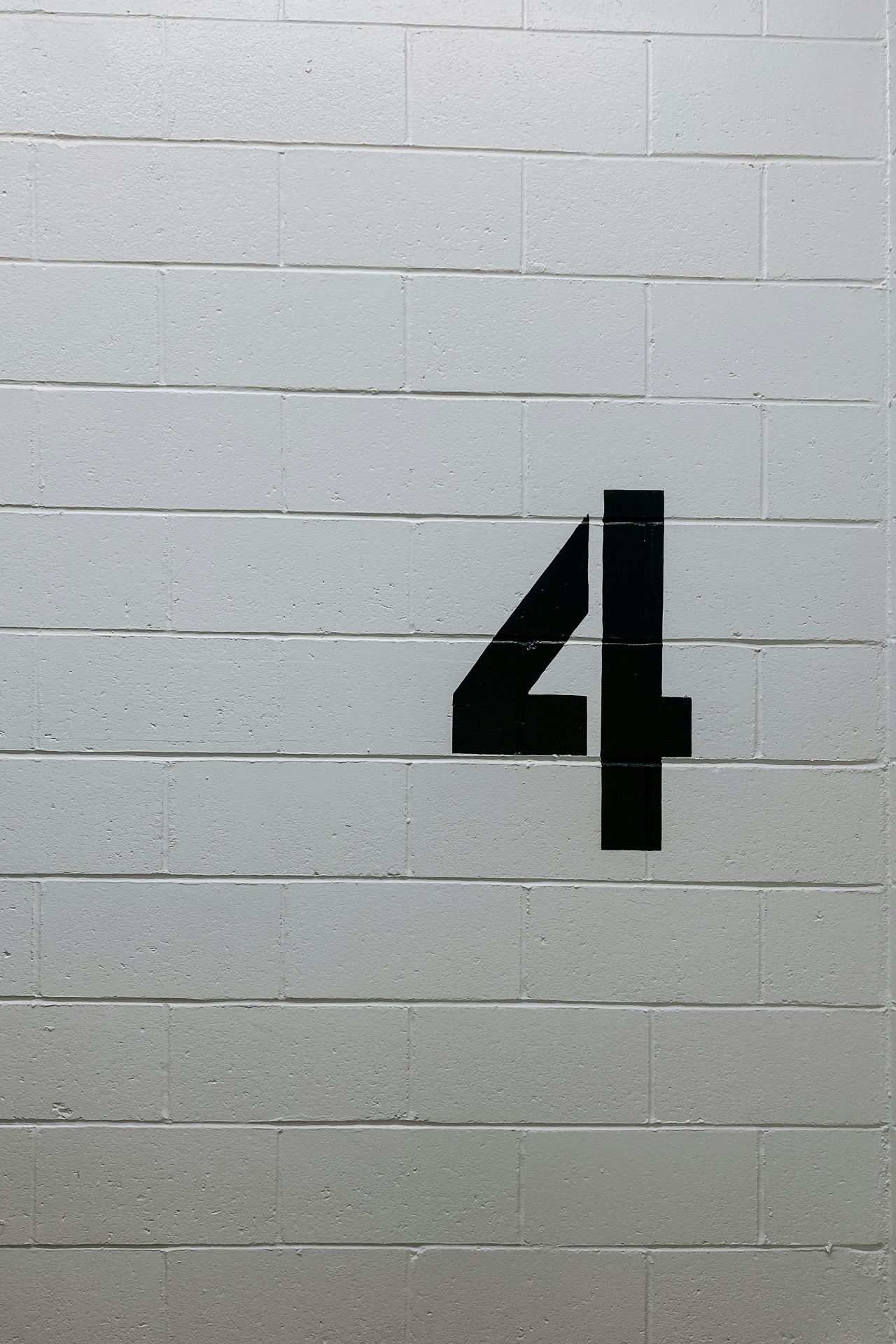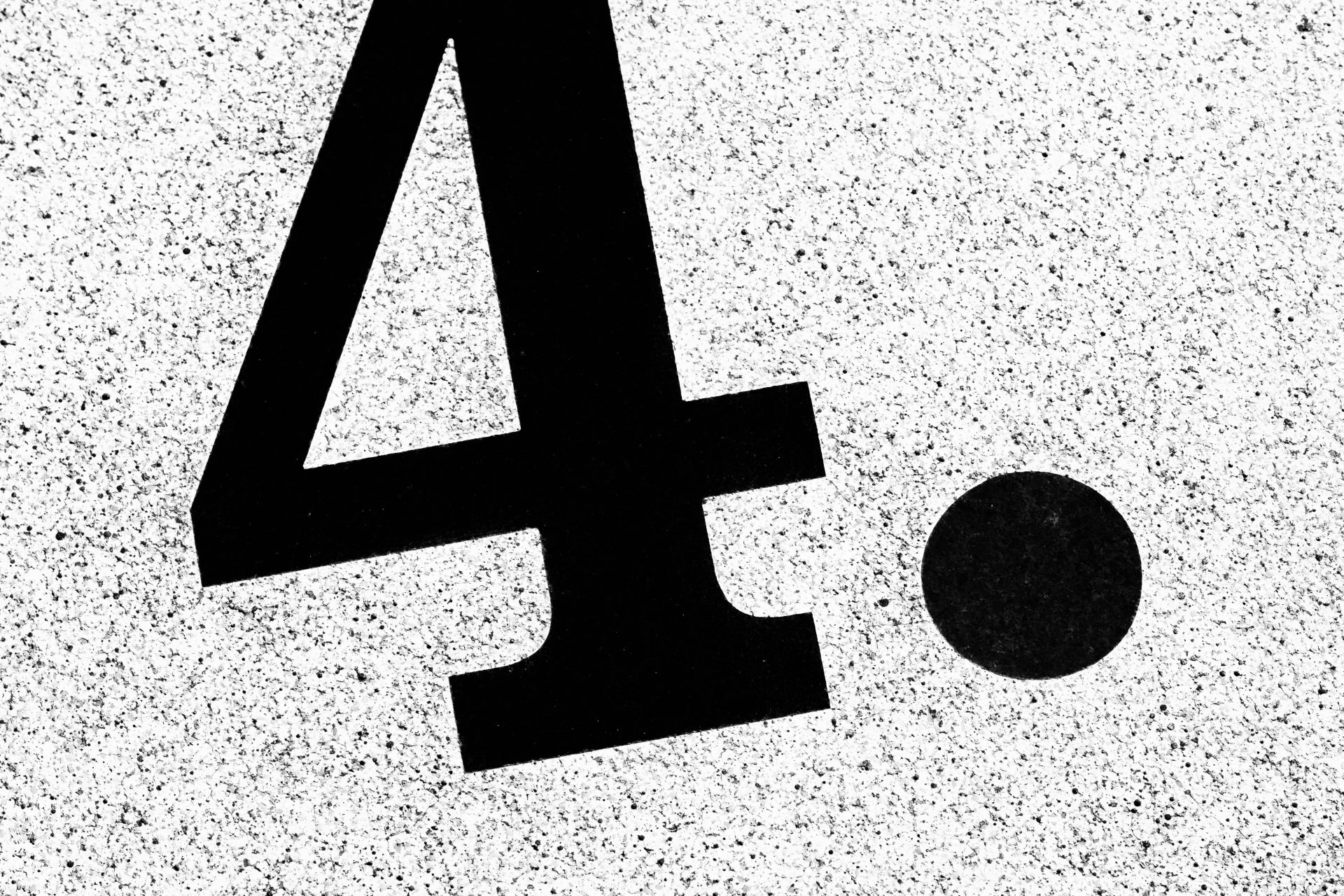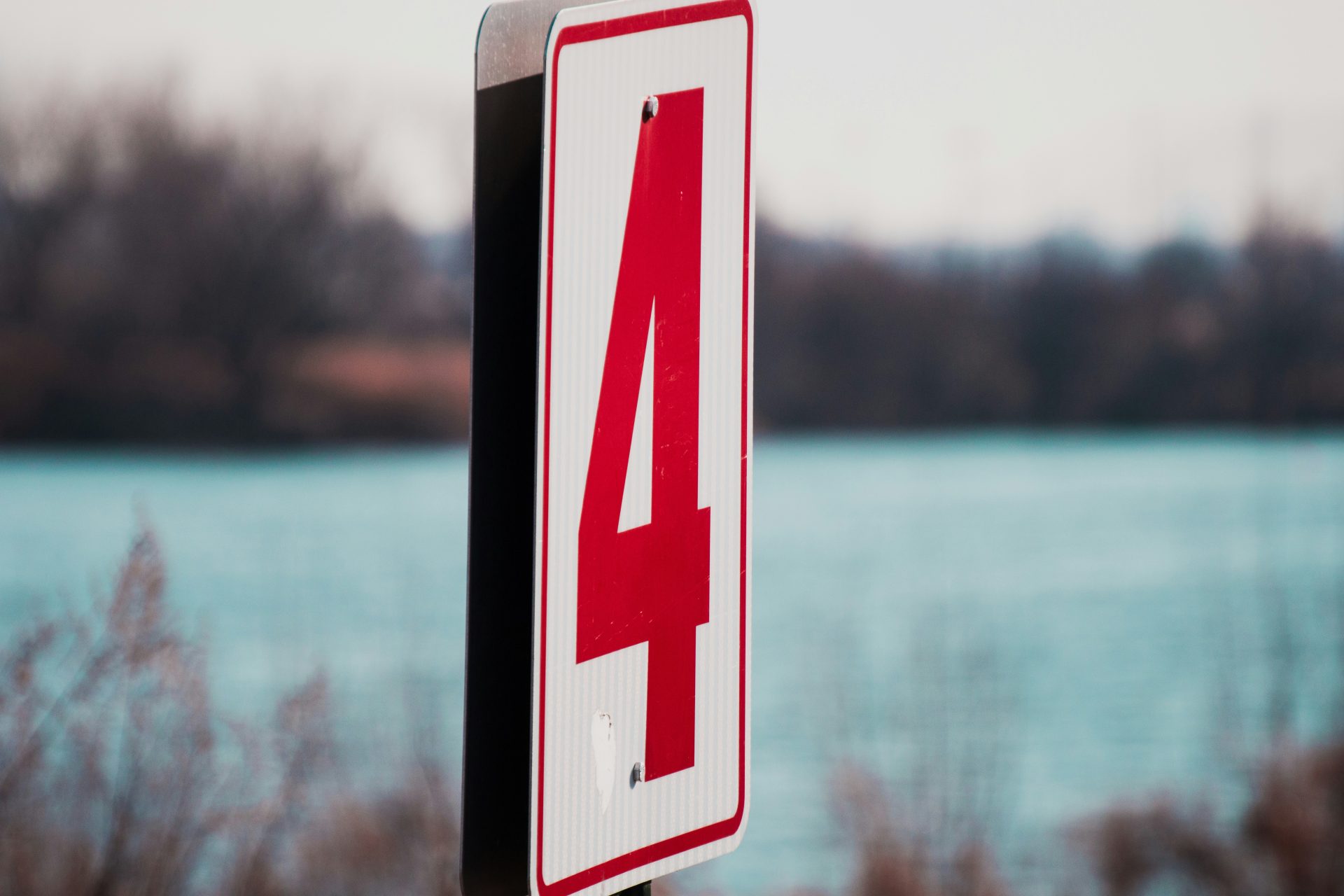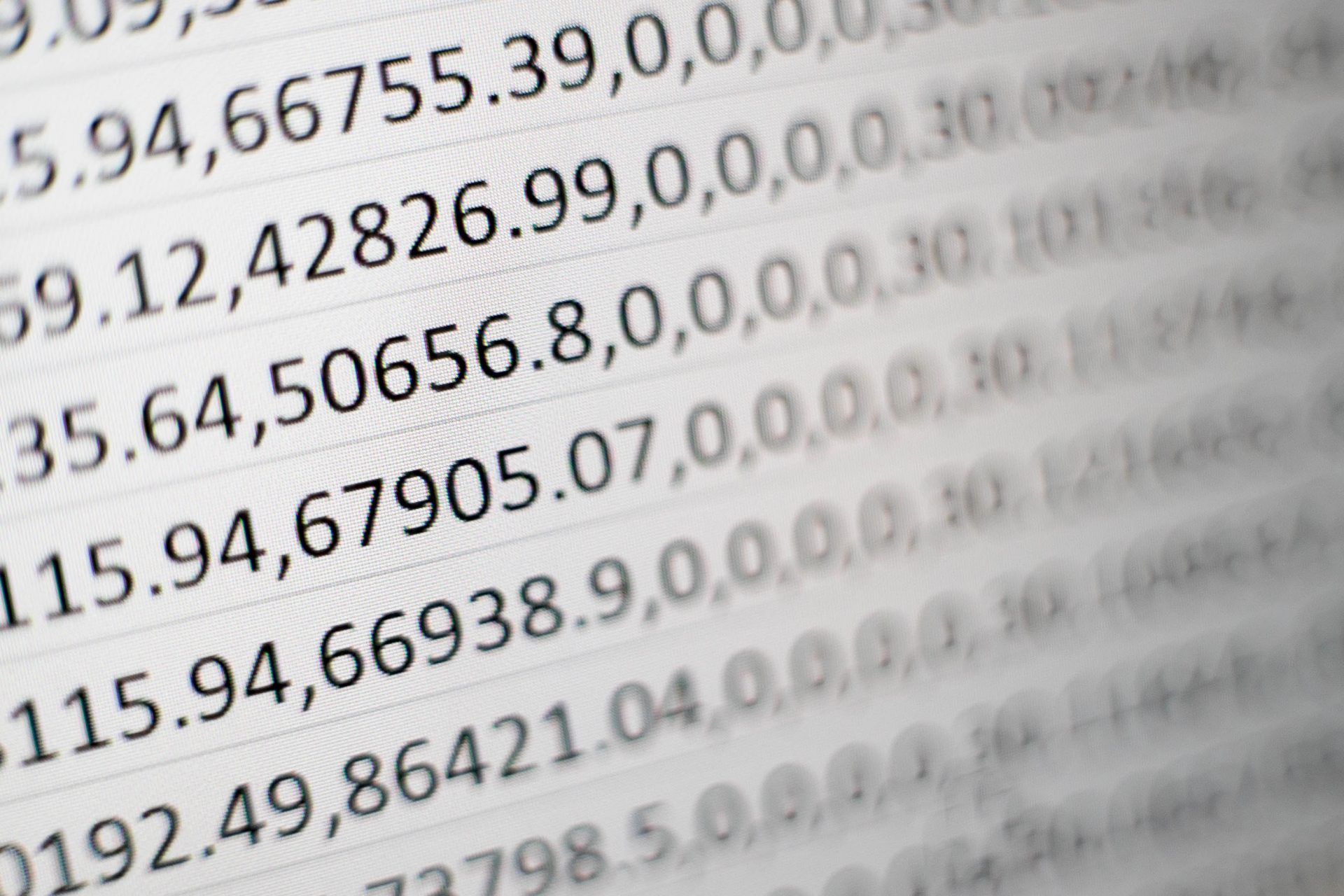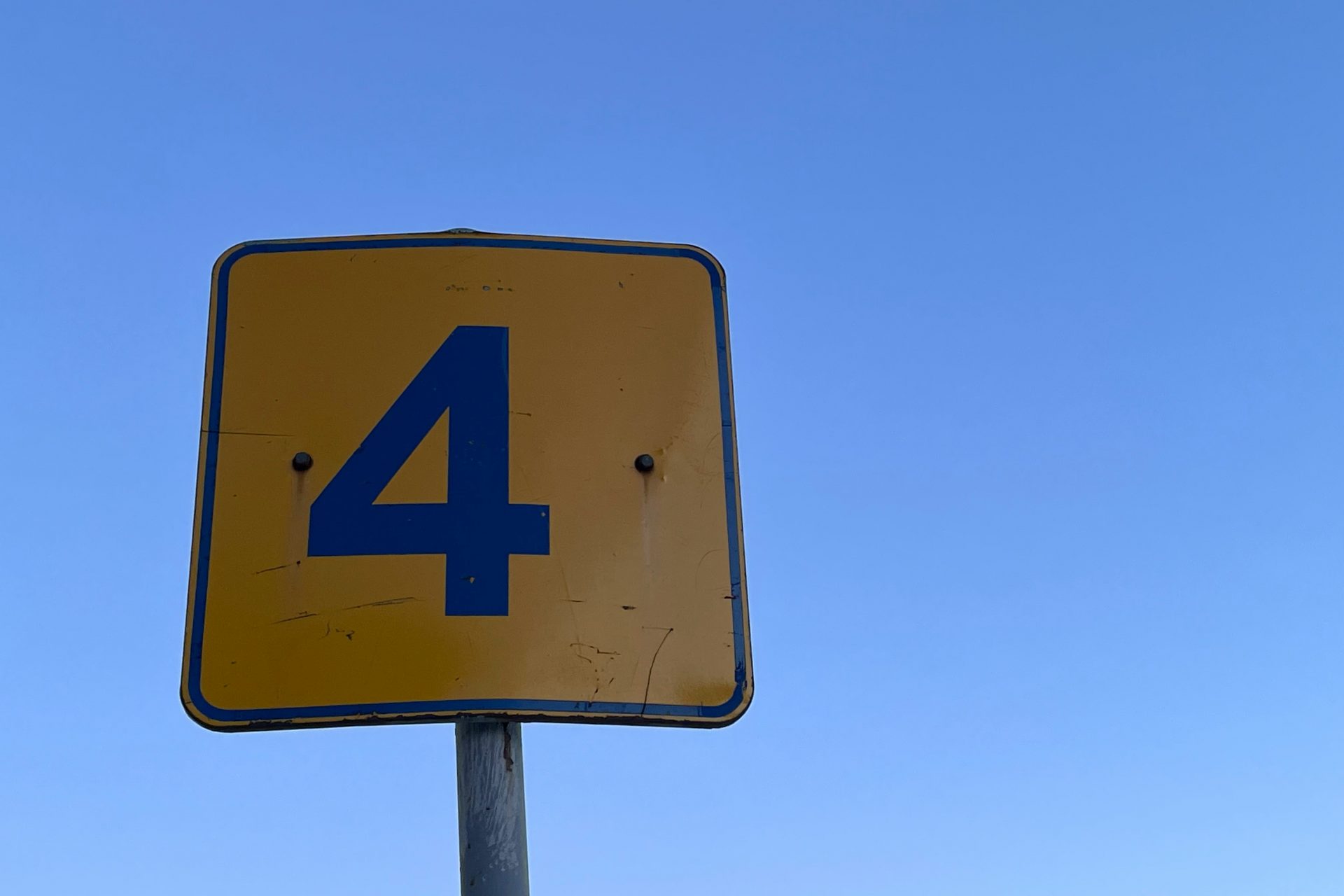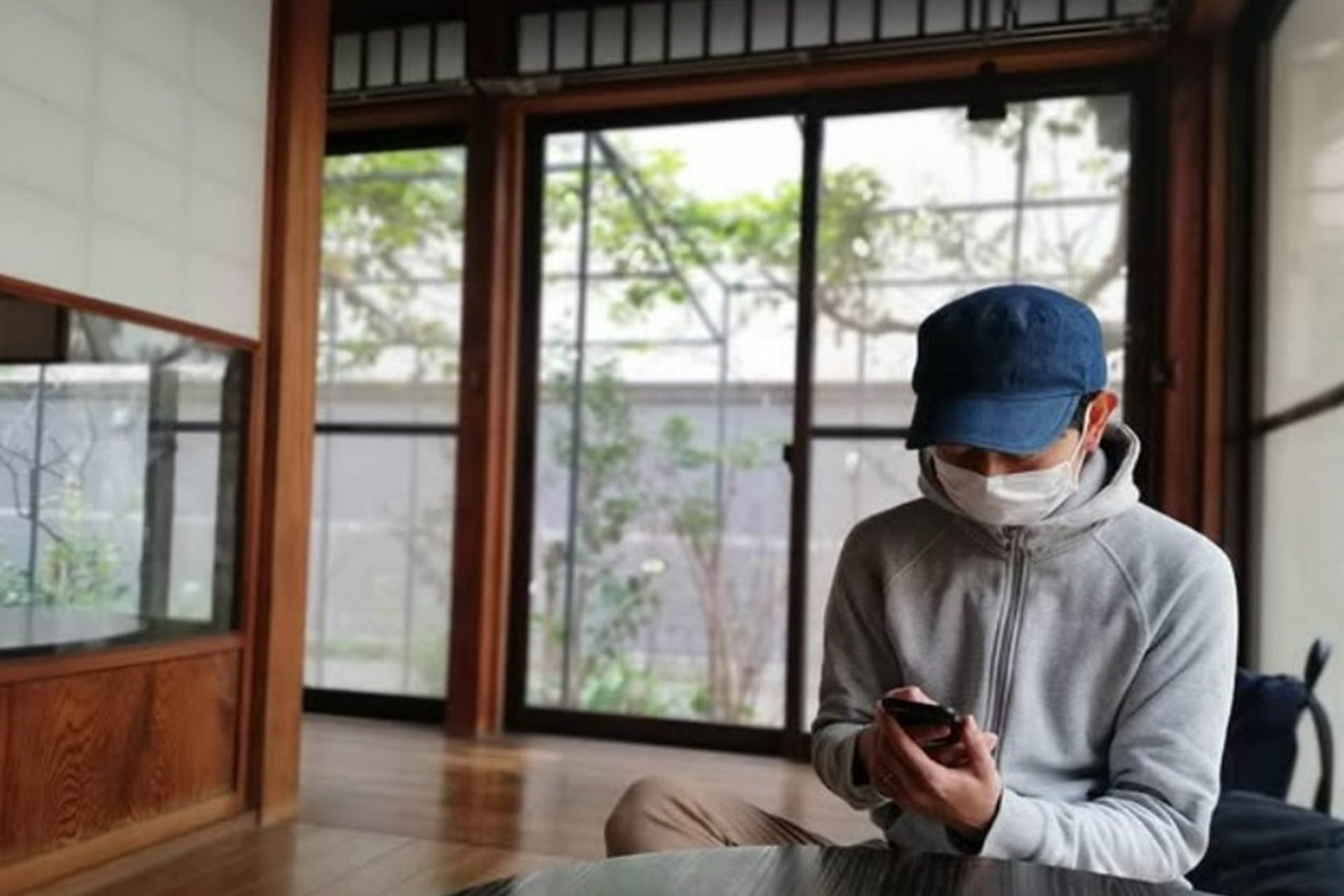Do you know what China's unlucky number is and why?
In China, the number 4 is considered extremely unlucky. This belief, known as tetraphobia, is deeply rooted in Chinese culture and affects many aspects of daily life.
The fear of the number 4 arises because its pronunciation in Mandarin ("sì") is very similar to the word "death" ("sǐ"), according to El Confidencial. This phonetic similarity has led to a strong aversion to the number in Chinese society, which had a strong influence on other Asian cultures.
Photo: Unsplash/Engin Akyurt
It is common for tall buildings in China to omit floors containing the number 4. According to AS newspaper, this includes not only the fourth floor, but also the 14th, 24th, 34th, etc., to avoid bad luck.
Photo: Unsplash/Pasi Virtakari
In some regions of China, vehicle number plates containing the number 4 are avoided. This measure aims to prevent any misfortune that could be associated with the use of this number.
Superstition is spreading to the tech industry. The site Xataka reports that some phone brands avoid launching models with the number 4, opting to jump straight to 5 or even change the nomenclature altogether.
Photo: Unsplash/Kelly Sikkema
Dates containing the number 4 are avoided for important events such as weddings and business launches. These dates are believed to bring bad luck and should be avoided at all costs for the good of the future of the relationship or business.
Photo: Unsplash/Mike Hindle
In traditional Chinese medicine, the number 4 is also associated with negative concepts. Health and healing practices often omit references to the number to avoid connotations of death.
Photo: Unsplash/Anne Nygard
In marketing, promotions and prices that include the number 4 are avoided. Advertising campaigns prefer numbers that are considered lucky, such as 8, which sounds similar to "prosperity".
Photo: Unsplash/Erica Nilsson
Just as 13 is avoided in the West, 4 is avoided in many parts of Asia. However, tetraphobia is particularly intense in China, influencing more aspects of daily life.
Despite modernisation, tetraphobia remains a common belief in China. Younger generations still respect these traditions, demonstrating how superstitions continue to have an impact on our day-to-day.
Photo: Unsplash/Tasha Kostyuk
Follow Showbizz Daily to stay informed and enjoy more content!

